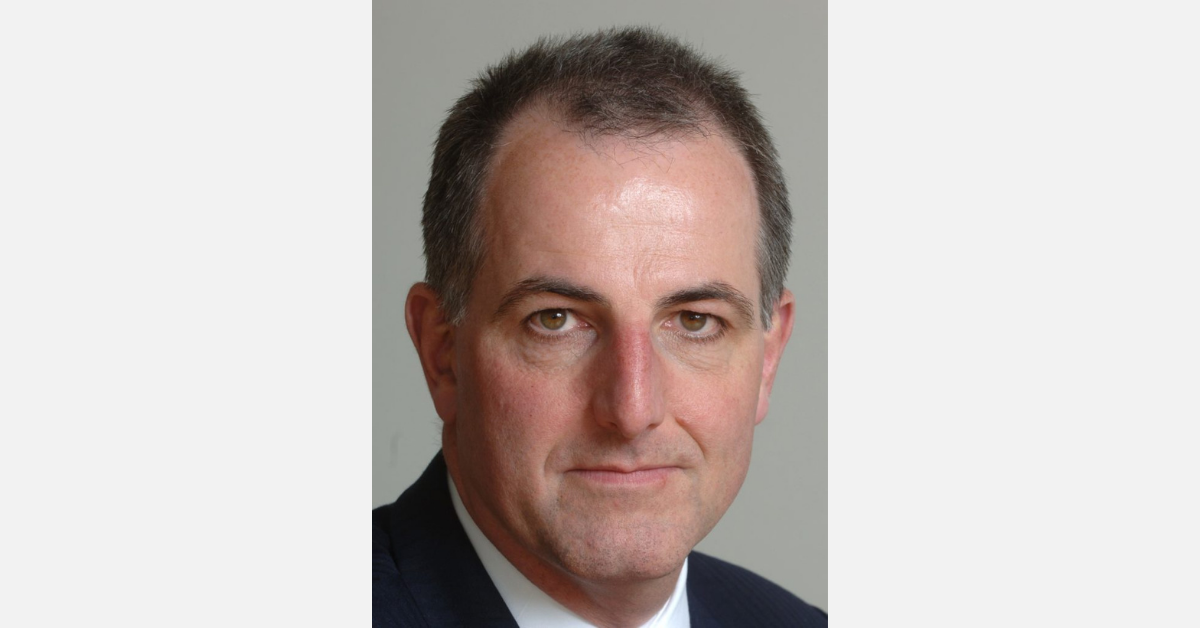The long-awaited Sustainable Finance Disclosure Regulations (SFDR) have finally been implemented, affecting thousands of fund groups, pensions providers, discretionary fund managers, financial advisers and other financial services organisations with operations across the European Union.
Although by no means the first piece of regulation to look at green, ethical or responsible investing (indeed, the whole area of how this aspect of investing is termed is another matter entirely), SFDR is perhaps one of the most important pieces of regulation.
It makes no secret of its aim to mobilise capital to help combat climate change and was perfectly timed to capitalise on the surge in interest in ESG investing by ensuring financial services providers disclose the sustainability risks of their products and services.
Transparency underpins the regulations, requiring fund groups to disclose and report on how they integrate considerations of ESG risks into their investment process and if they don’t, why not.
UK absence
However, noticeable by its absence is the UK. The Trade and Co-operation Agreement signed at the end of 2020 between the UK and the EU excluded financial services in its entirety. Although there are agreements in principle concerning the future relationship of the respective financial services industries, all signs presently suggest that equivalence is unlikely.
This means the UK is free to pursue its own regulatory path and has already signalled its intention to do so. As a result, the SFDR coming into effect in Europe will not apply to fund groups or advisers in the UK.
Instead, the UK government has stated its commitment to ‘match the ambitions’ of SFDR, while also publicising its commitment to align itself with the Task Force on Climate-related Financial Disclosures (TCFD). Given the TCFD concentrates solely on the ‘E’ in ‘ESG’ investing it remains to be seen how UK regulations will tackle social and governance concerns.
Level 1 and 2
The Level 1 SFDR now requires those organisations that fall in its scope to publish both pre-contractual statements (e.g. in a fund’s prospectus) and disclosure statements on their websites about which of their products fall into three distinct categories. These are:
- Article 9 funds: those funds that specifically have sustainable goals as their objective (for example investing in companies whose goal it is to reduce carbon emissions).
- Article 8 funds: those funds that promote E or S characteristics but do not have them as the overarching objective.
- Article 6 funds: funds that are not promoted as having ESG factors or objectives.
What constitutes a ‘sustainable’ investment is broadly defined by the EU Taxonomy, but there remains some contention about what exactly constitutes an Article 8 or an Article 9 fund. At the time of writing the European Supervisory Authorities (ESAs) are still seeking clarity on some of the finer details in SFDR, while other national authorities (most notably the AMF in France) are setting their own stricter criteria.
As with any piece of regulation, its implementation is only the start of the process. In a sign of how important the regulations are being viewed and how many different effective dates there are, the three ESAs have published a statement, along with some additional guidance – something they rarely do – for impacted funds and companies, setting out the timeline for future implementation of the next phases of SFDR, with each requiring more prescription from fund groups.
The Level 2 regulatory technical standards will start to be implemented on 1 January 2022, adding prescription to the pre-contractual disclosures already being made in principle and with further disclosure obligations at both a firm and product level, while periodic reporting will be prescribed from January 2023.
See also: – Much still ‘up in the air’ as SFDR approaches
Data will need to be collected from 10 March as it will be needed for periodic reporting in the future. The ESAs’ joint statement – JC 2021 06 – sets out the timeline in more detail.
It is unlikely the 10 March deadline will have a huge impact on fund groups across Europe. SFDR has been talked about for months and will not have come as a huge surprise to those managing the process. Much of the hard work will have already been done, or at least it should have, and the disclosures are not prescriptive. No doubt, many groups are now turning their attentions to the next deadline, which as we know, will come around very quickly.
Mikkel Bates is regulations manager at FE fundinfo and an ESG Clarity editorial panellist.








